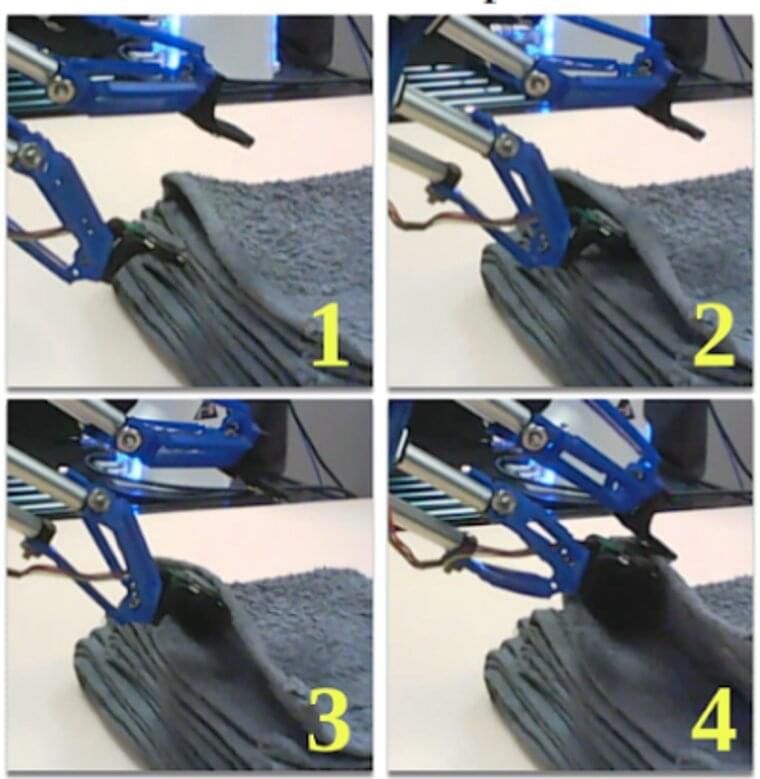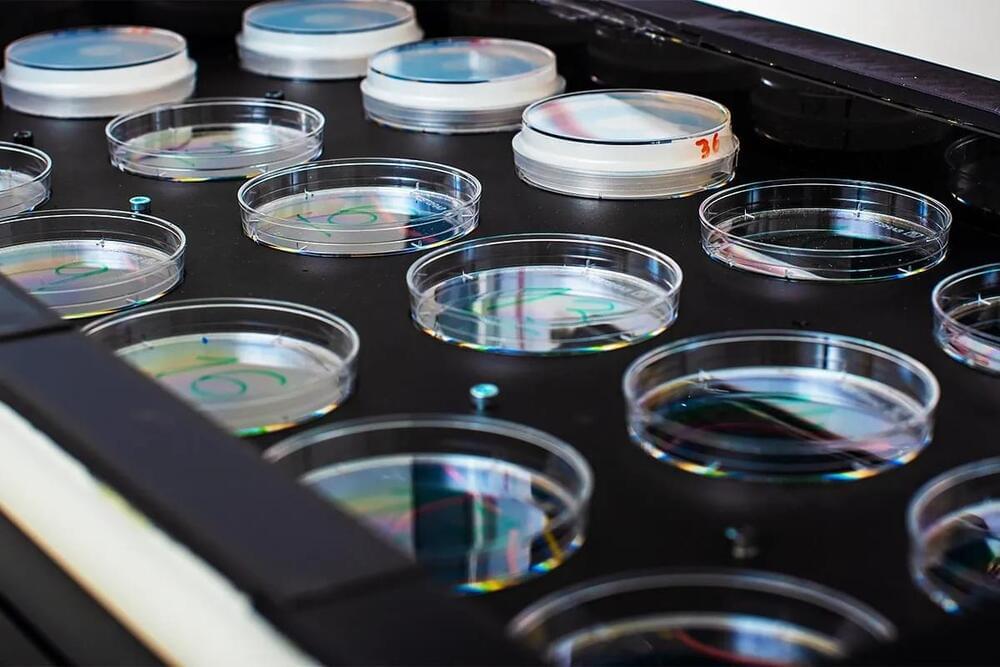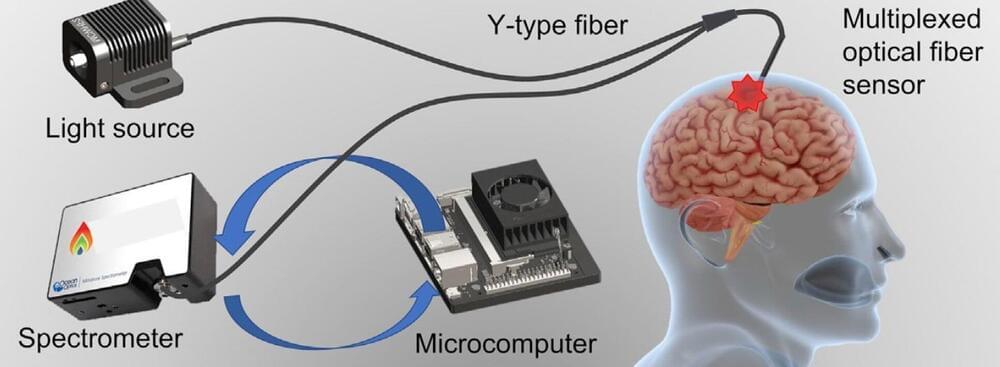Artificial General Intelligence — Short for AGI is a trending and recent topic of debate among AI researchers and computer scientists. A pressing issue for AI or artificial Intelligence is the AI alignment problem. The AI control problem could be the most important task for humanity to solve. There have been many suggestions from AI researchers to avoid the dangers of artificial general intelligence or a digital super-intellgience. It seems among the best solutions to this problem has been a merging scenario with AGI. Elon Musk has suggested we regulate artificial intelligence and we should proceed very carefully if humanity collectively decides that creating a digital super-intelligence is the right move. Elon Musk is the founder of many high tech companies, including Neuralink. Which develops implantable brain–machine interfaces. Elon Musk warns that AI is probably the biggest existential threat for humanity. AGI is probably even more dangerous than nuclear warheads and nobody would suggest we allow anyone to build nuclear weapons if they want. The pressing issue for a potential AGI development and eventually the creation of a digital super-intelligence is going to be increasingly relevant in the coming years. Dr. Ben Goertzel, CEO & Founder, of SingularityNET Foundation, is one of the world’s foremost experts in Artificial General Intelligence. According to him these reactions are probably going to look very silly to people a few decades from now, as they go about their lives which have been made tremendously easy and happy and fascinating compared to 2020 reality, via the wide rollout of advanced AGI systems to handle manufacturing service, and all the other practical jobs that humans now spend their time doing. Elon musk suggested, the merge scenario with A.I. is the one that seems like probably the best,” or as he put it on the Joe Rogan Experience. “If you can’t beat it, join it.
#AGI #AI #Artificialintelligence.
SUBSCRIBE to our channel “Science Time”: https://www.youtube.com/sciencetime24
SUPPORT us on Patreon: https://www.patreon.com/sciencetime.
BUY Science Time Merch: https://teespring.com/science-time-merch.
Sources:
DARPA: https://www.darpa.mil/
Neuralink: https://www.youtube.com/watch?v=r-vbh3t7WVI
https://www.neuralink.com/
SingularityNET: https://singularitynet.io/





